The federal government on Tuesday announced more than $8.5 million in funding for 40 projects to support artificial intelligence adoption across Atlantic Canada.
“Artificial intelligence is one of the greatest economic opportunities of our time,” said Evan Solomon, Canada’s Minister of Artificial Intelligence and Digital Innovation, who announced the funding during an event at Volta in Halifax. “These investments will help Atlantic Canadian businesses scale AI, boost productivity, expand exports, and create high-quality jobs.”
The funding, delivered through the Atlantic Canada Opportunities Agency, is designed to support small businesses using AI-powered sales tools to expand their customer base, rural industries adopting automation to improve productivity, and companies scaling AI systems for export and certification. It will also fund training and support programs to help workers build digital skills.
The federal government has committed $200 million over five years to the national AI initiative, delivered by regional development agencies to support sector-specific adoption in areas such as agriculture, health care, clean technology and manufacturing.
In Atlantic Canada, ACOA is delivering $15.7 million under the initiative.
The funding packages announced Tuesday, starting with projects funded through the Regional Artificial Intelligence Initiative, are:
Bulletproof Solutions ULC
Fredericton, New Brunswick
Engage expertise to enhance productivity through Artificial Intelligence integration
Investment: $49,500 (non-repayable)
Université de Moncton – Campus de Shippagan
Shippagan, New Brunswick
Optimize production lines through AI and collaborative robotics
Investment: $93,000 (non-repayable)
CKF Incorporated
Hantsport, Nova Scotia
Execute training initiatives and launch business tools developed from AI strategies
Investment: $124,500 (repayable)
Aucure Inc.
St. John’s, Newfoundland and Labrador
Undertake market development activities to increase market awareness and accelerate growth
Investment: $75,000 (repayable)
Liquid Health Data Inc.
Fredericton, New Brunswick
Engage expertise to develop an AI-driven system for financial operations in healthcare
Investment: $50,000 (conditionally repayable)
LEXA Intelligence Corporation
Moncton, New Brunswick
Commercialize iOne technology to enter the physical security market
Investment: $250,000 (repayable)
HomeschoolToGo
Fredericton, New Brunswick
Commercialize an AI-powered platform for custom homeschool curricula
Investment: $84,000 (non-repayable)
Canadian Black Women in Excellence Society
Halifax, Nova Scotia
Support business accelerator programs to equip Black women entrepreneurs with AI tools, business strategies, and mentorship
Investment: $60,750 (non-repayable)
Chick Pick
Fredericton, New Brunswick
Commercialize AI-powered chick sorting equipment
Investment: $400,000 (non-repayable)
FLOQER Inc.
Halifax, Nova Scotia
Scale its AI-powered sales platform, create jobs and achieve compliance to expand into new markets
Investment: $294,000 (repayable)
Volta Labs
Halifax, Nova Scotia
Foster AI and digital technology adoption in SMEs across the province, and create new business opportunities for regional AI Driven Enterprises (AIDEs)
Investment: $557,000 (non-repayable)
Dalhousie University
Halifax, Nova Scotia
Support the AI2Market pilot program to train students in AI and entrepreneurship, turning ideas into companies
Investment: $200,000 (non-repayable)
trophi.ai
St. John’s, Newfoundland and Labrador
Undertake marketing and product development activities to accelerate revenue growth
Investment: $950,000 (repayable)
qualiTEAS Inc.
St. John’s, Newfoundland and Labrador
Undertake commercialization activities to accelerate revenue growth
Investment: $60,000 (conditionally repayable)
Université de Moncton
Moncton, New Brunswick
Encourage the adoption of artificial intelligence for small and medium-sized enterprises
Investment: $1,820,000 (non-repayable)
Projects funded through ACOA’s Regional Economic Growth through Innovation program to support the adoption and development of generative AI applications:
Kardio Diagnostix Inc.
Halifax, Nova Scotia
Engage expertise for product development and market research to prepare for Health Canada and FDA approvals
Investment: $200,000 (repayable)
CKF Incorporated
Hantsport, Nova Scotia
Engage expertise to evaluate operations, design and implement AI and digitization strategies
Investment: $100,000 (non-repayable)
Mariner Partners Inc.
Saint John, New Brunswick
Engage expertise to develop an AI-driven fault detection system
Investment: $50,000 (non-repayable)
Pluragon IT Inc.
Dartmouth, Nova Scotia
Engage expertise to develop and commercialize an AI-driven mobile app for grocery savings
Investment: $49,500 (non-repayable)
Myomar Molecular Inc.
Halifax, Nova Scotia
Engage senior software developer to build predictive analytics for clinical and market adoption
Investment: $50,000 (non-repayable)
e-WorkSAFE
Saint John, New Brunswick
Engage expertise to develop AI roadmap
Investment: $37,500 (non-repayable)
ResolveHD
Halifax, Nova Scotia
Engage expertise to develop a new AI-based product to expand into new markets
Investment: $50,000 (non-repayable)
Greenlight Analytical Inc.
Dartmouth, Nova Scotia
Engage expertise to enhance development of AI-based analytical model
Investment: $50,000 (non-repayable)
Expertise Hub Co-operative
St. John’s, Newfoundland and Labrador
Implement phase I of a multi-phase immigration retention and mentorship initiative
Investment: $131,250 (non-repayable)
ImmigrateAI Global
Halifax, Nova Scotia
Engage expertise to support development of AI-powered platform to simplify immigration applications
Investment: $50,000 (non-repayable)
Tourism Industry Association of New Brunswick Inc.
Fredericton, New Brunswick
Host a NB Tourism Summit and deliver capacity-building training to operators
Investment: $153,910 (non-repayable)
Bulletproof Solutions ULC
Fredericton, New Brunswick
Develop and commercialize a new AI-centric cybersecurity service offering
Investment: $49,500 (non-repayable)
Innerlogic
Bedford, Nova Scotia
Engage expertise to accelerate the adoption of its engagement and culture analytics platform
Investment: $50,000 (non-repayable)
Digital Nova Scotia
Halifax, Nova Scotia
Deliver Artificial Intelligence training and micro-credentialing program
Investment: $387,000 (non-repayable)
TechImpact
Fredericton, New Brunswick
Support the InnovateNB Awards and the AI Conference Series
Investment: $67,500 (non-repayable)
Easy Platter
Halifax, Nova Scotia
Engage expertise to launch a market-ready version of the platform powered by its AI assistant
Investment: $50,000 (non-repayable)
Food and Beverage Atlantic Association Inc.
Moncton, New Brunswick
Support high-impact AI workshops helping SMEs integrate AI into core operations
Investment: $88,108 (non-repayable)
L & A Metalworks Inc.
Fredericton, New Brunswick
Engage expertise to develop an AI-driven estimating engine
Investment: $50,000 (non-repayable)
Event Temple
Halifax, Nova Scotia
Assist company with product development and AI integration
Investment: $367,500 (repayable)
Digital Nova Scotia
Halifax, Nova Scotia
Assist Nova Scotian SMEs with AI adoption and integration
Investment: $200,000 (non-repayable)
CharliAI Inc.
Halifax, Nova Scotia
Establish marketing and Artificial Intelligence hub
Investment: $487,500 (repayable)
Spandrel Interactive
Fredericton, New Brunswick
Engage expertise of Artificial Intelligence specialist
Investment: $50,000 (non-repayable)
AGADA Biosciences Inc.
Halifax, Nova Scotia
Expand facility, acquire advanced lab equipment and create five jobs to develop new services
Investment: $576,750 (repayable)
Wellfish Tech (Canada) Inc.
Charlottetown, Prince Edward Island
Engage expertise in AI training and validation
Investment: $50,000 (non-repayable)
Quidi Vidi Brewing Company Ltd.
St. John’s, Newfoundland and Labrador
Enhance Artificial Intelligence capabilities to boost productivity and growth
Investment: $50,000 (non-repayable)




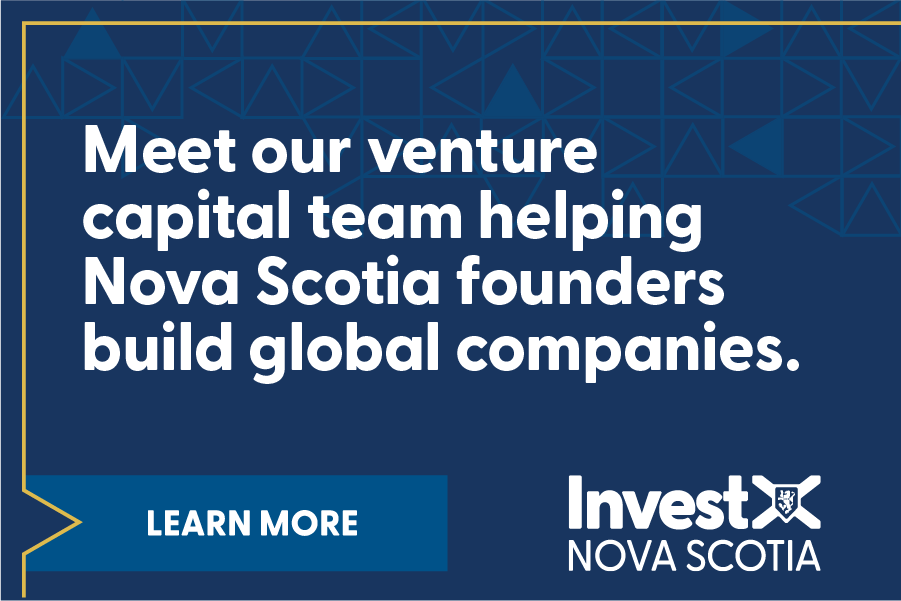


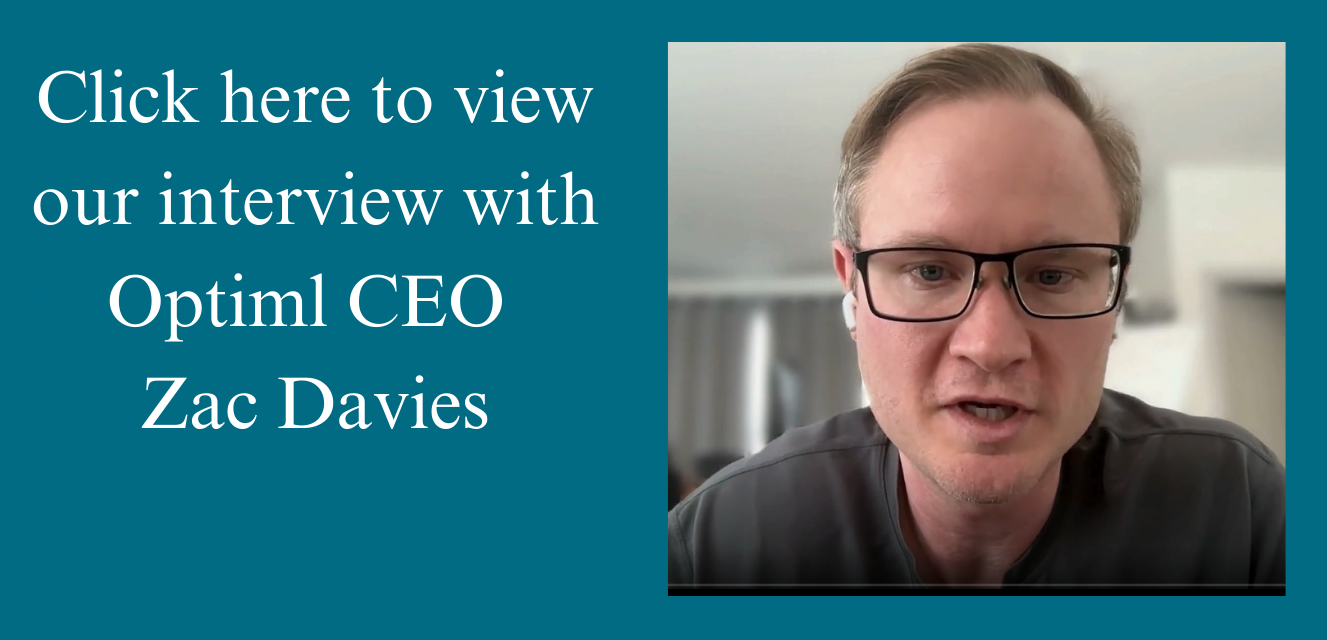




















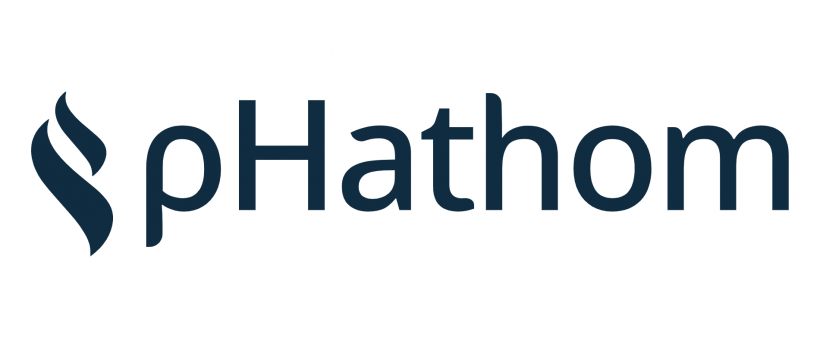
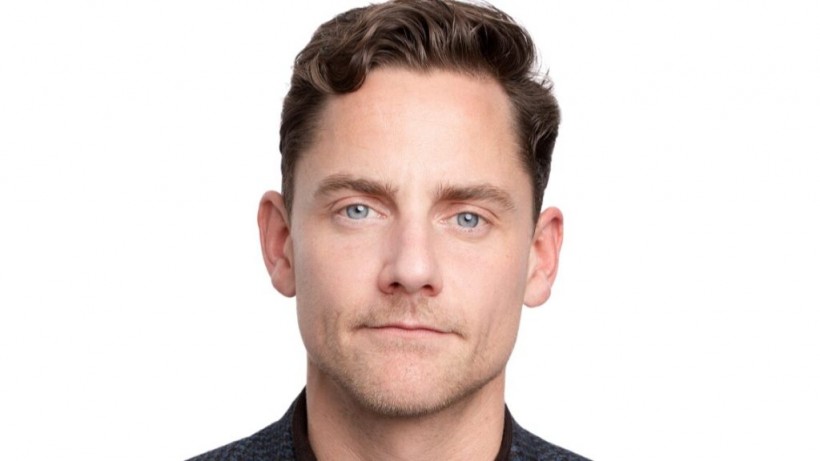
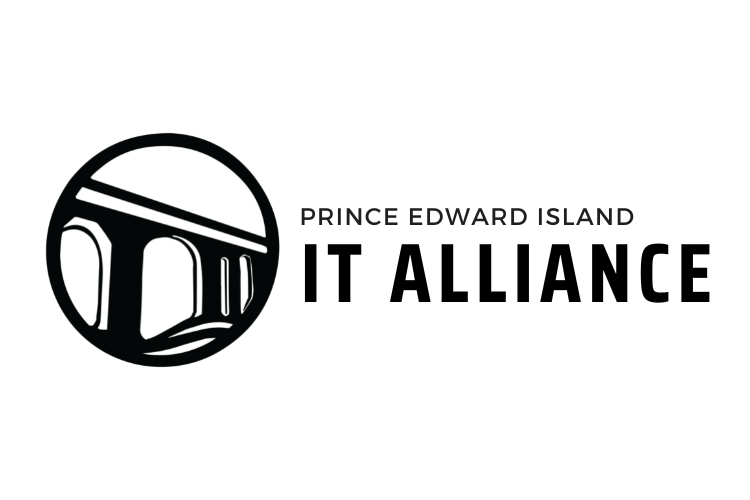
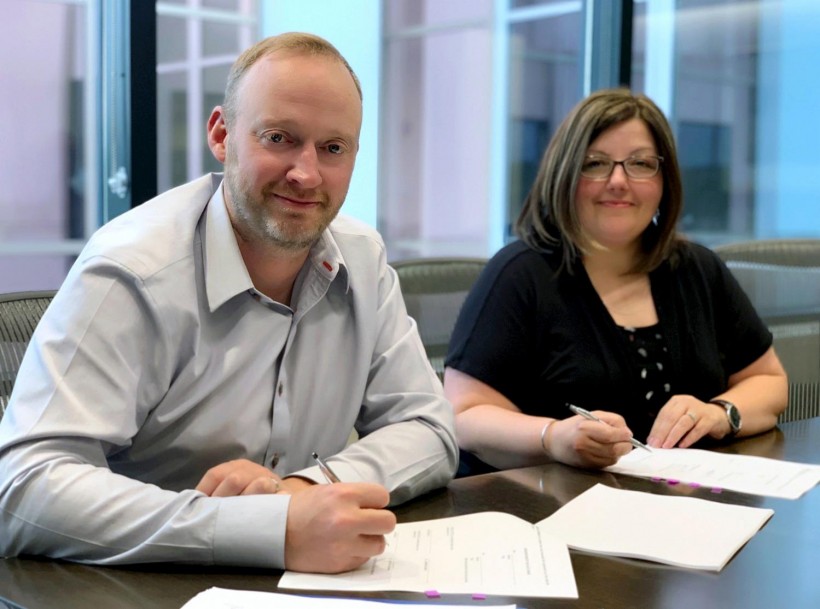
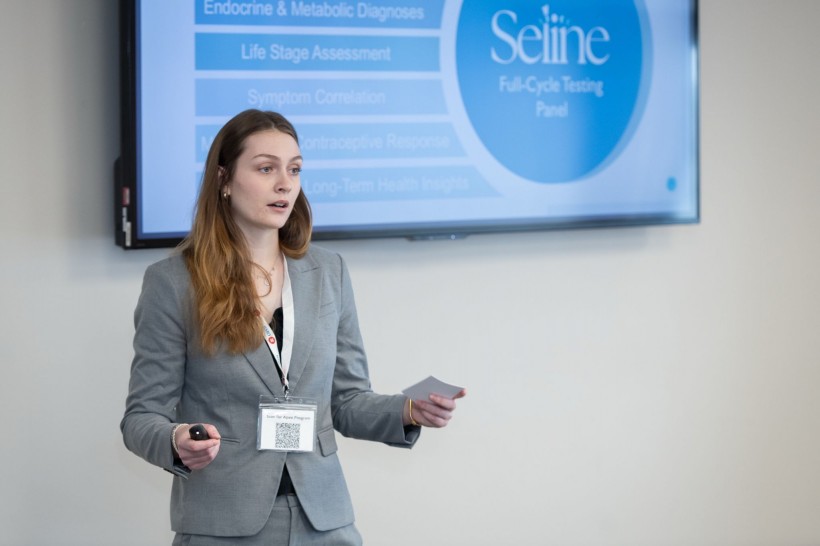

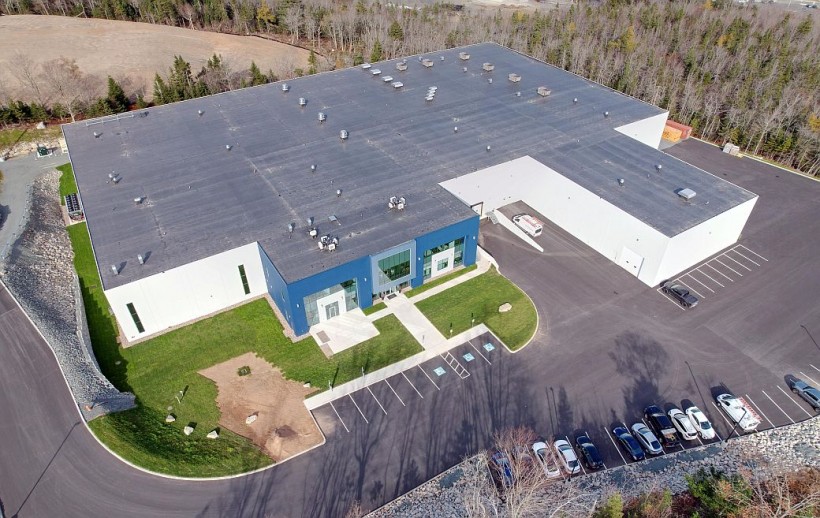
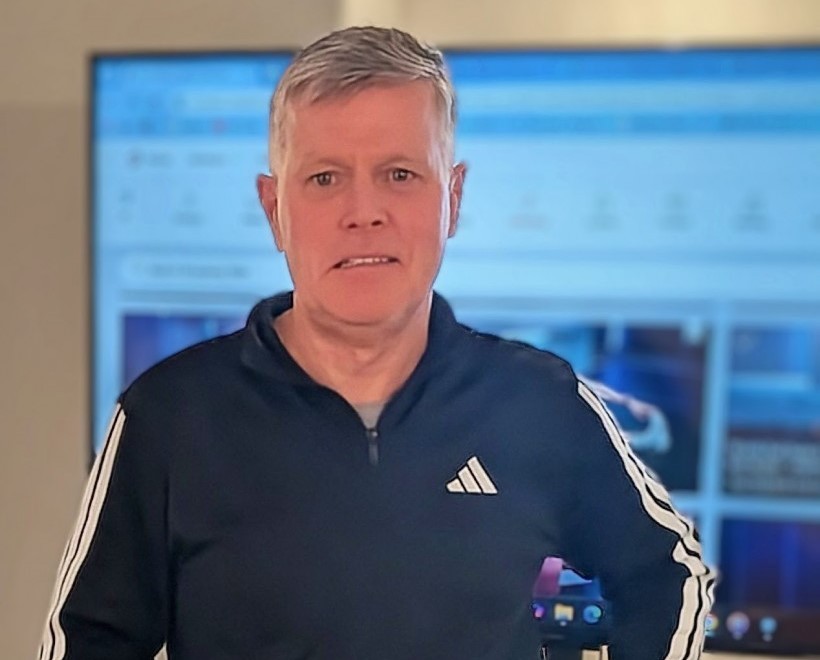
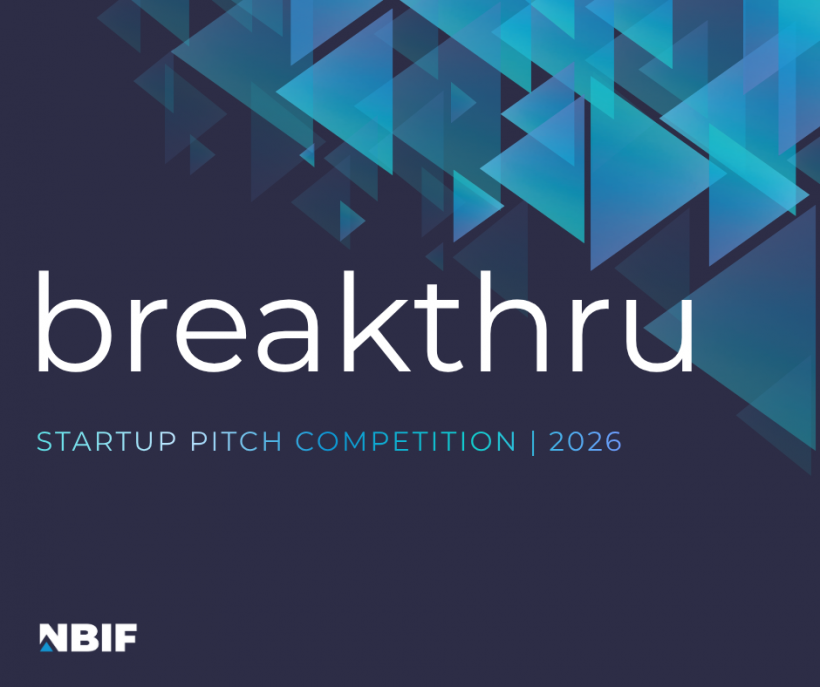

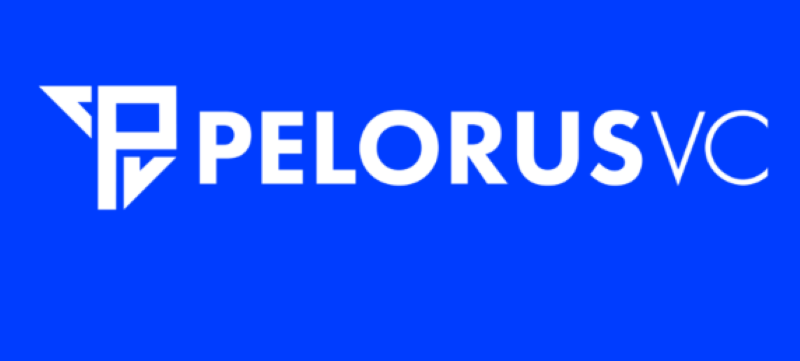
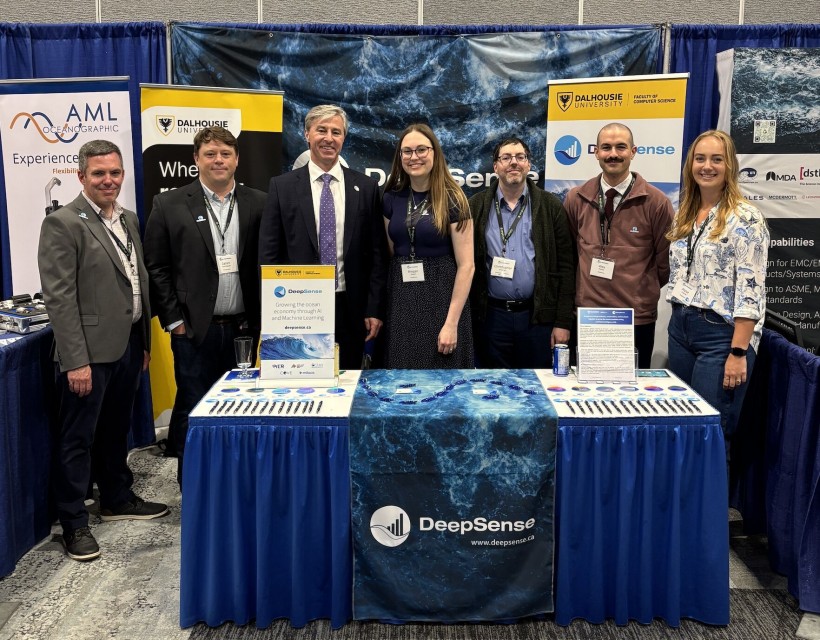

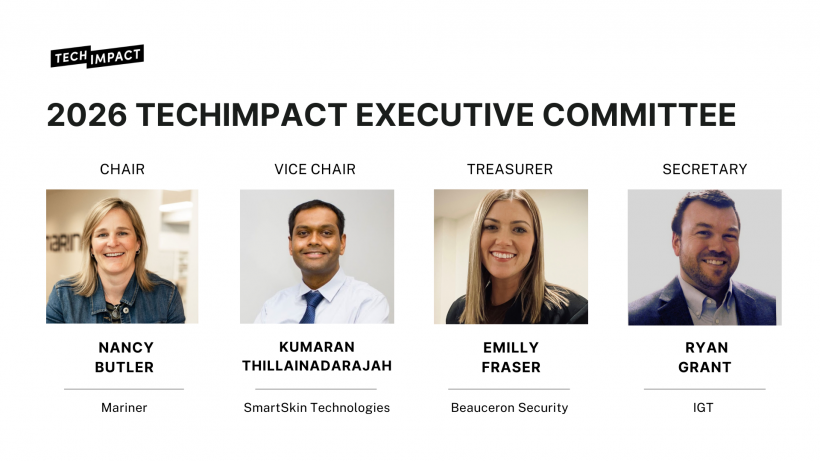
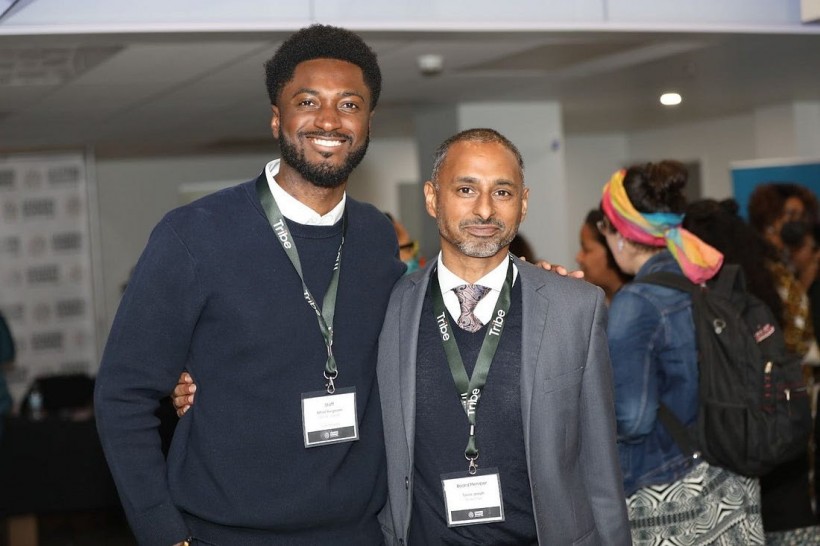
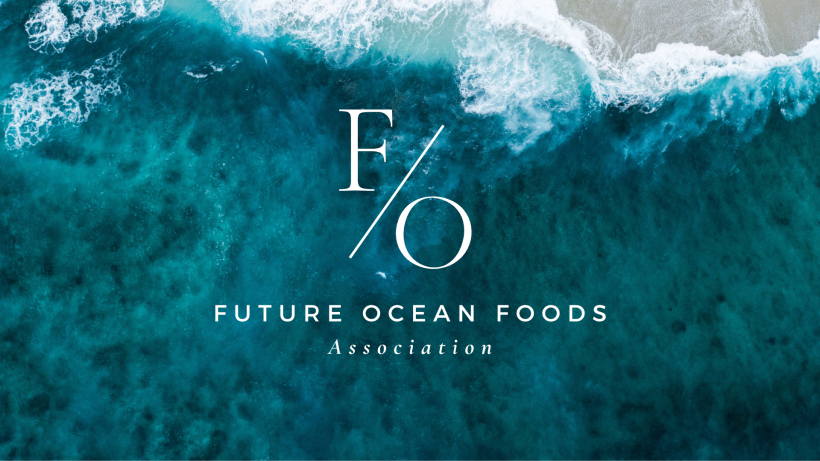
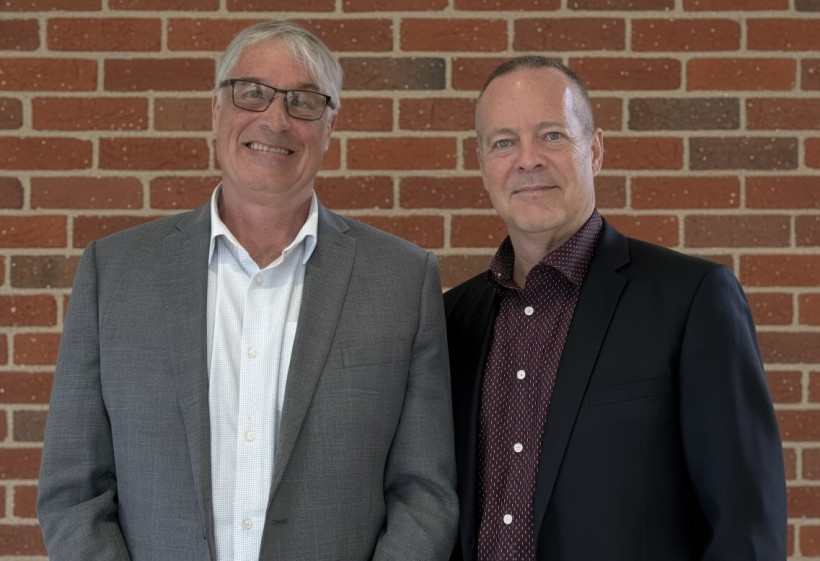
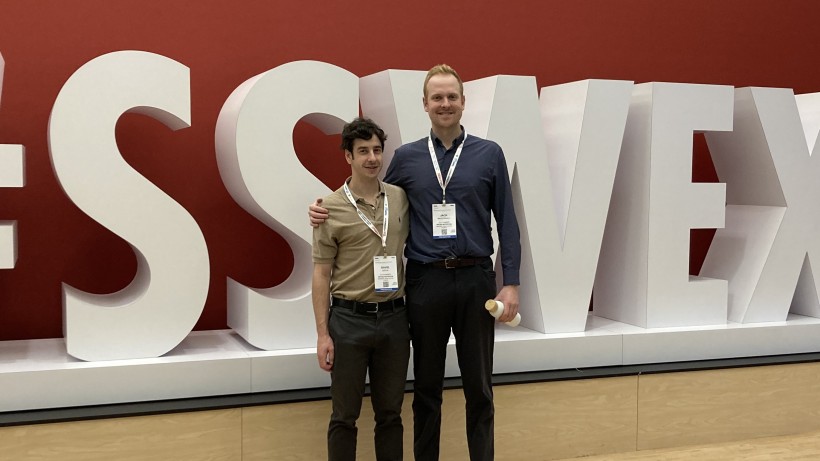
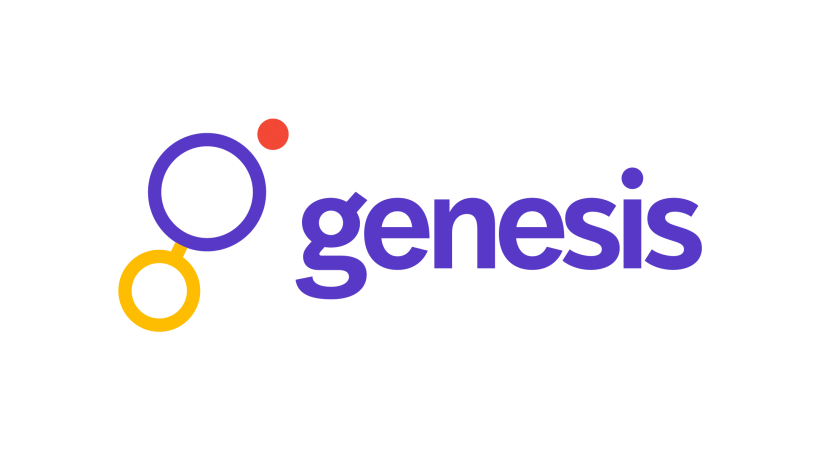

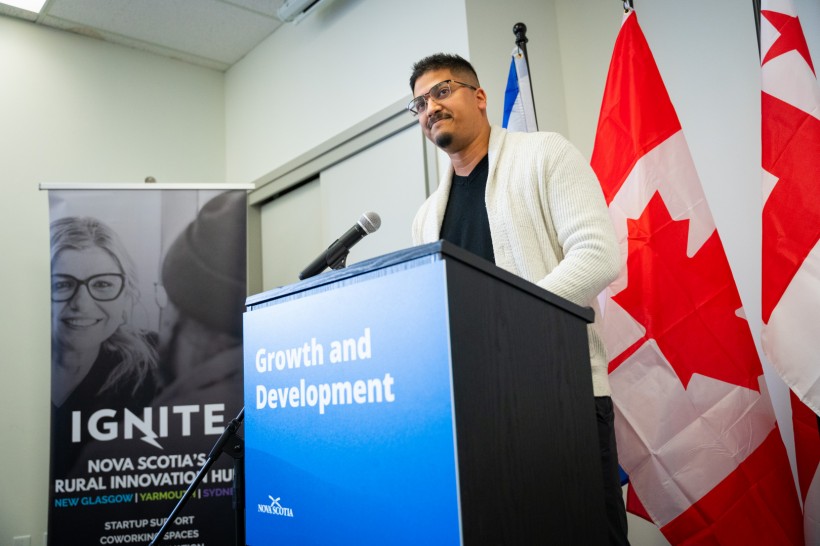
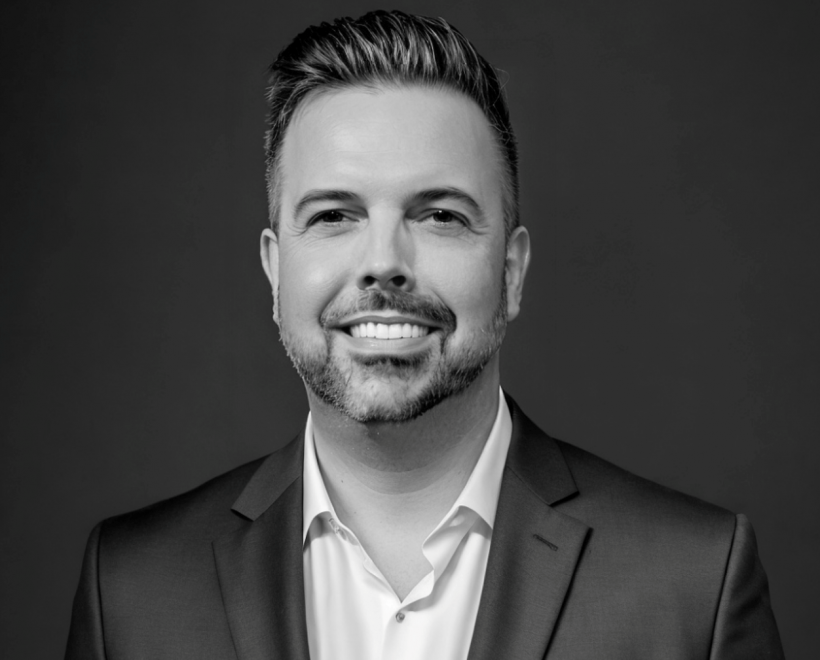



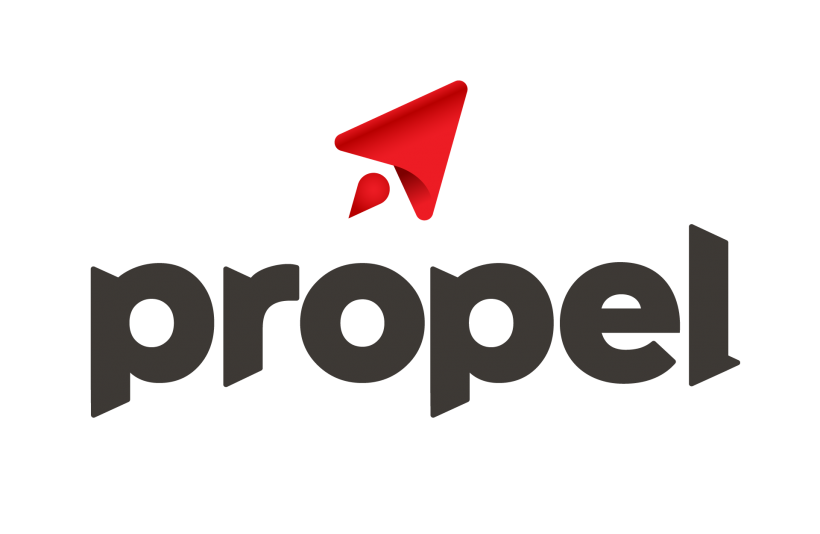
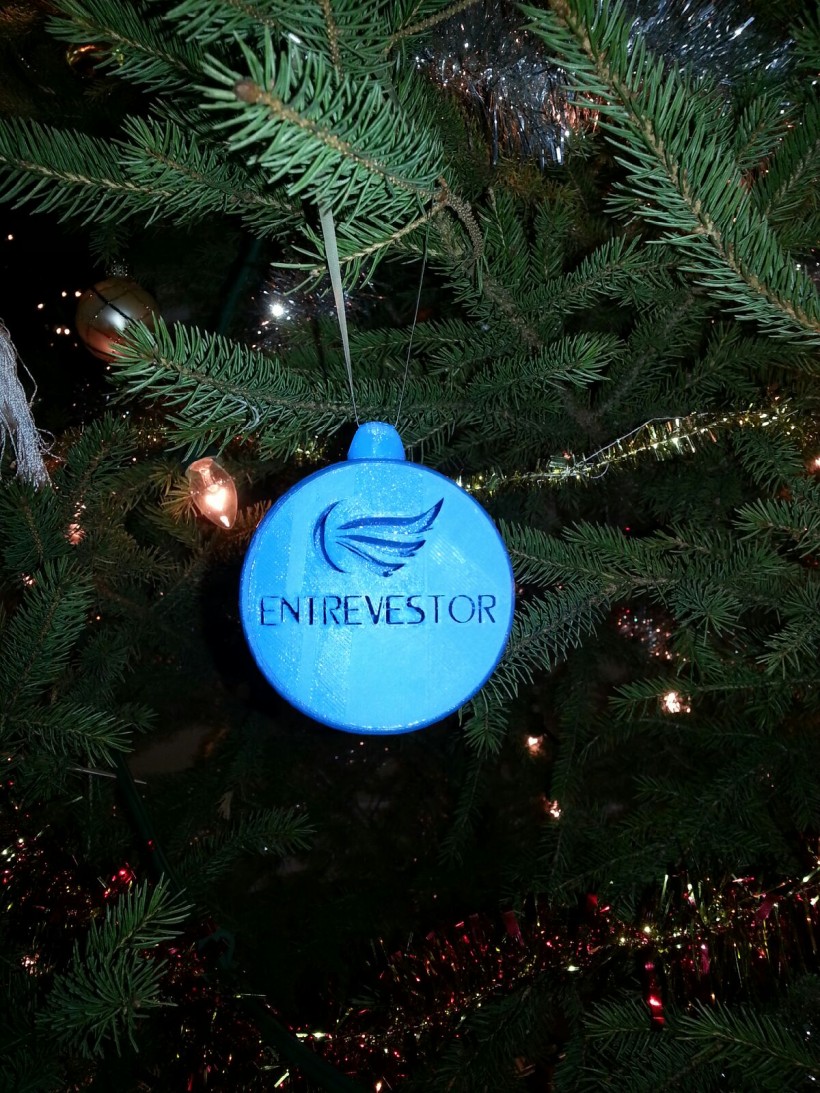


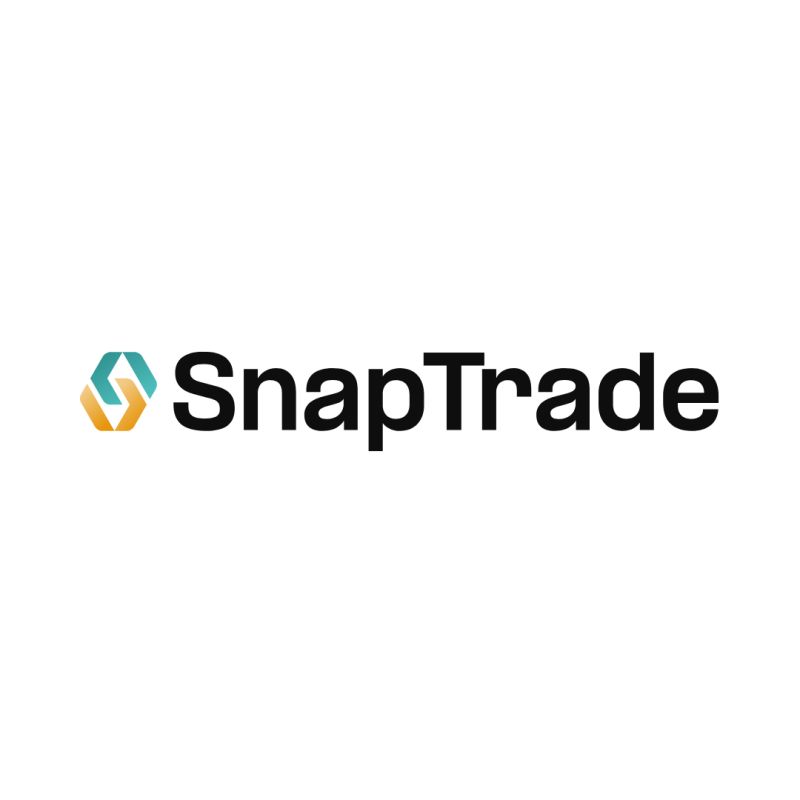
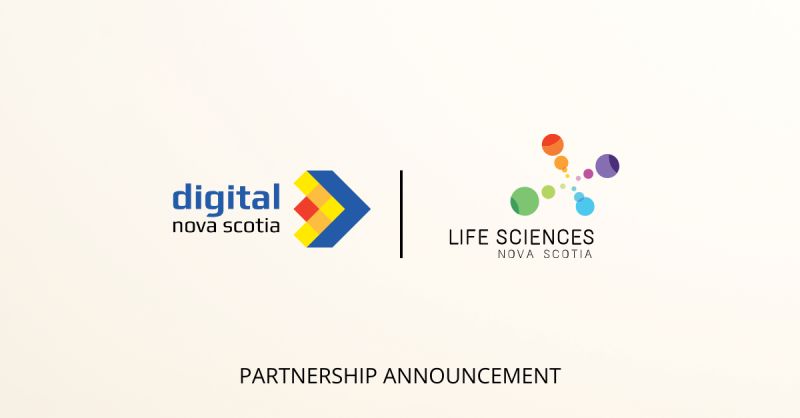

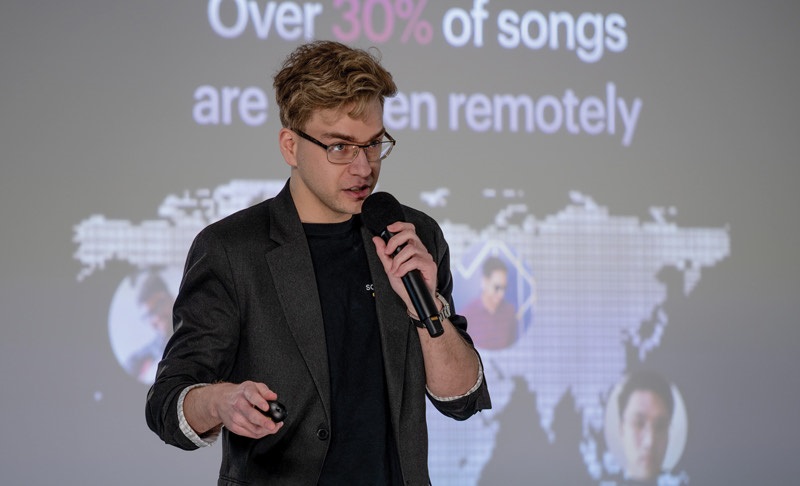





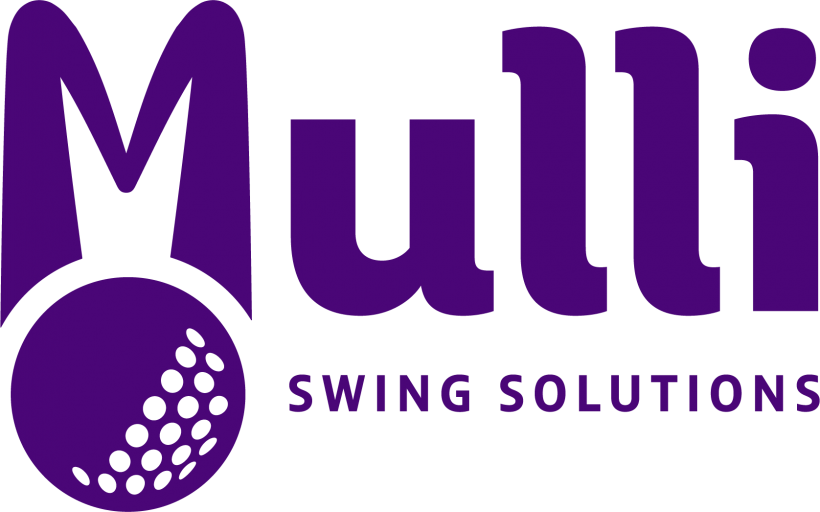
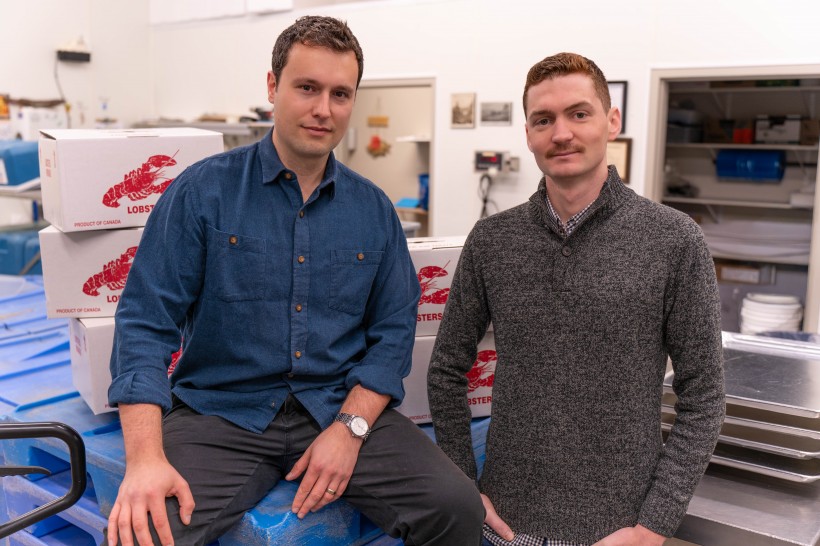

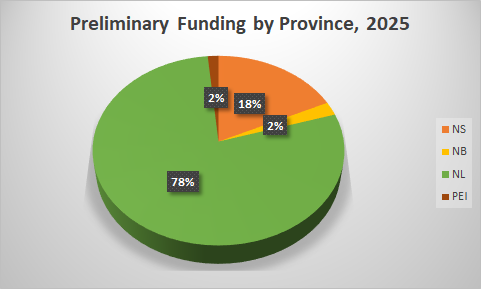
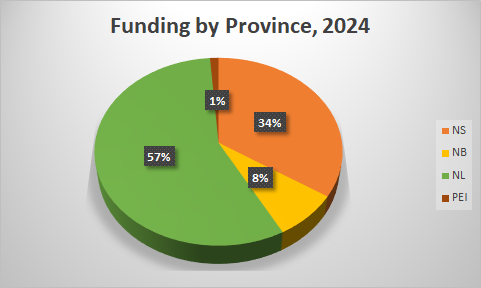
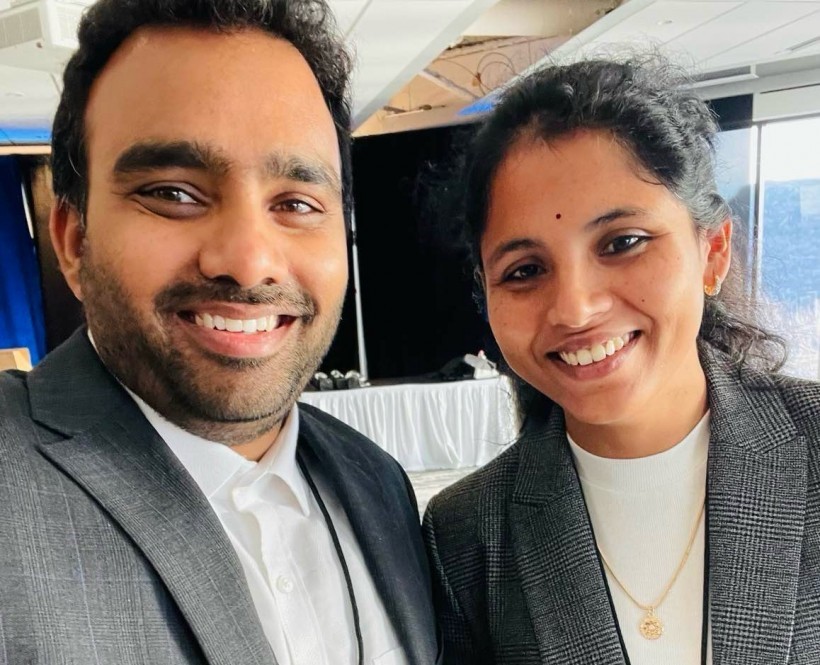
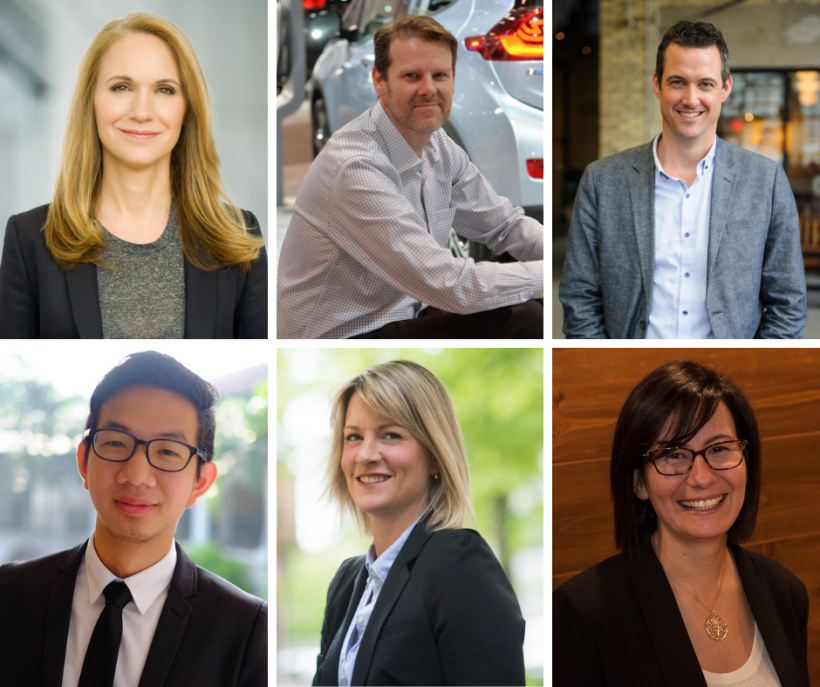
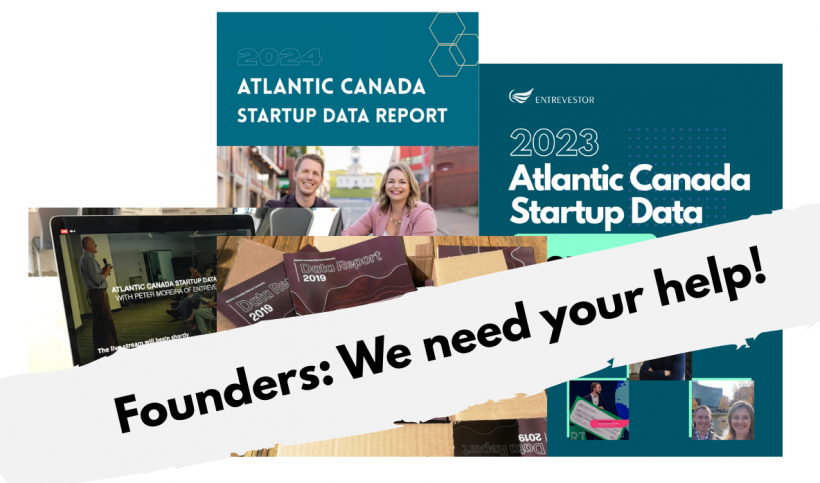



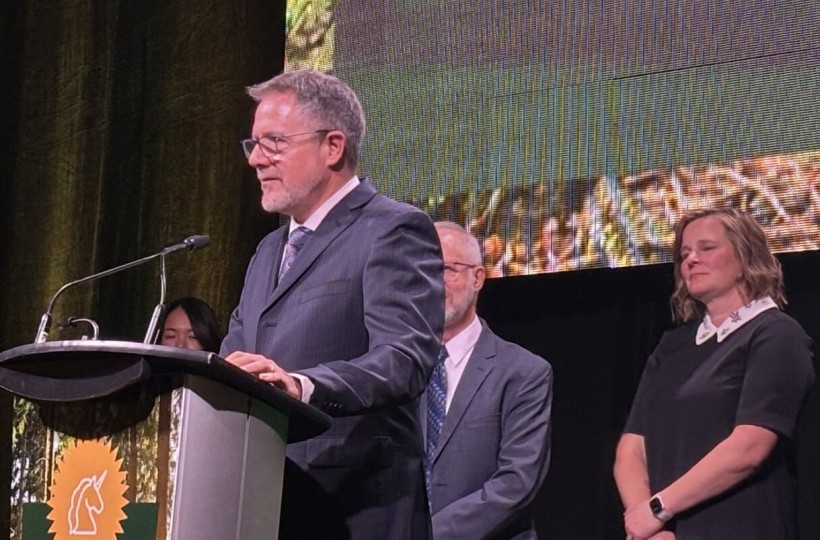

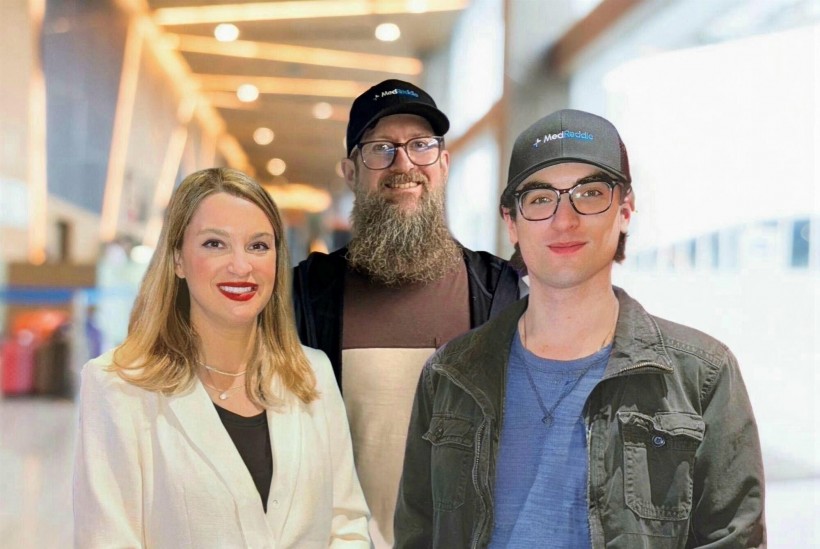
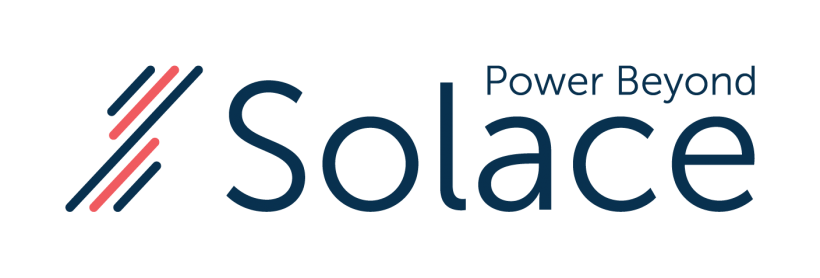

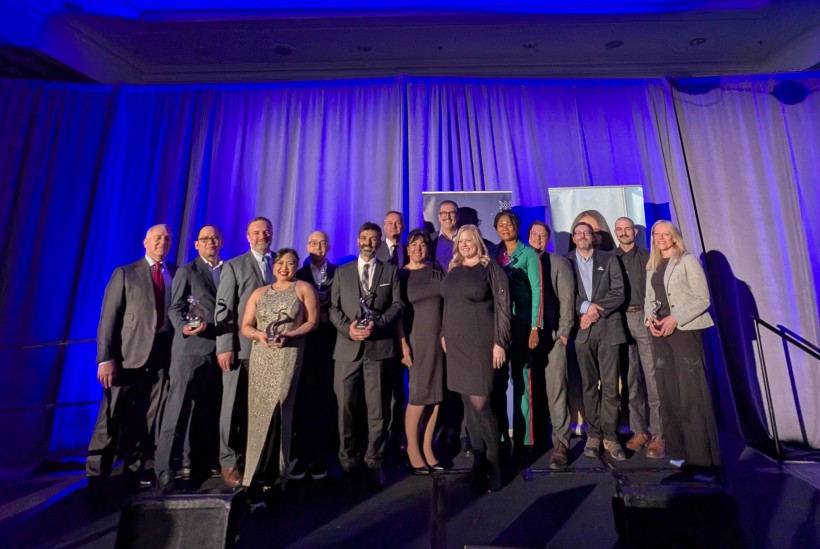


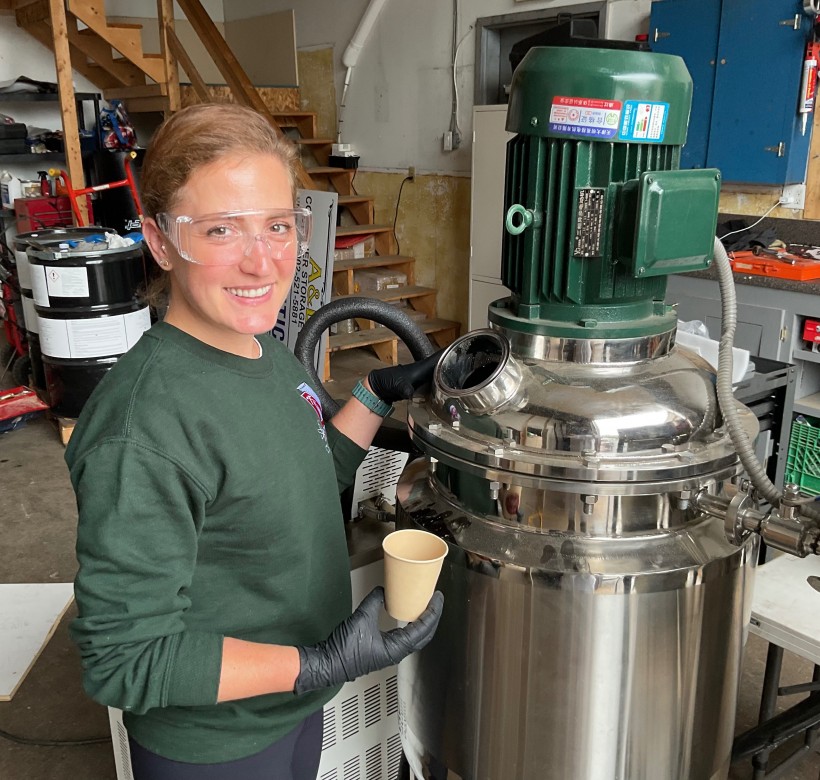
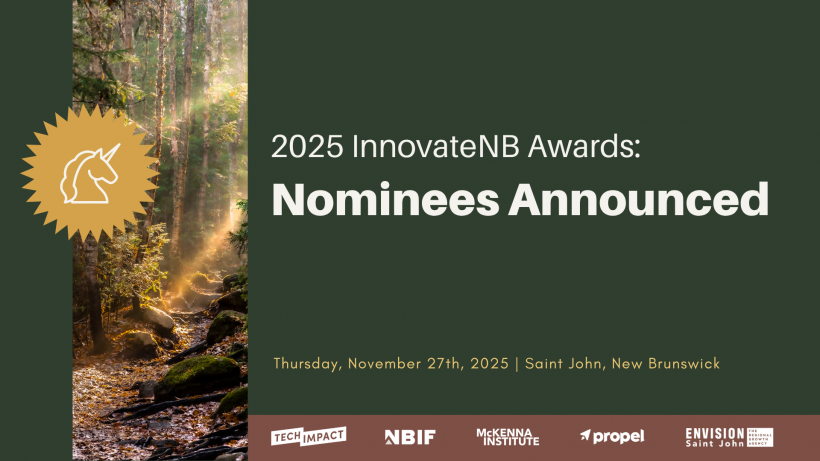

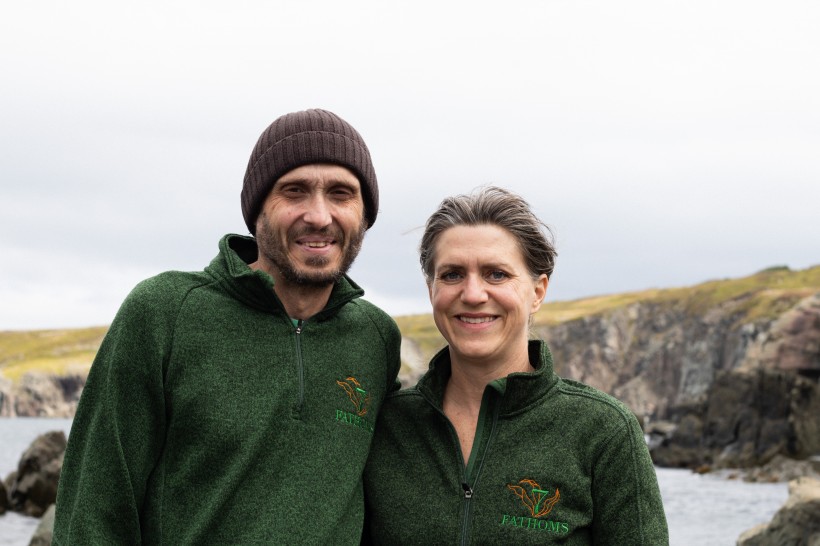

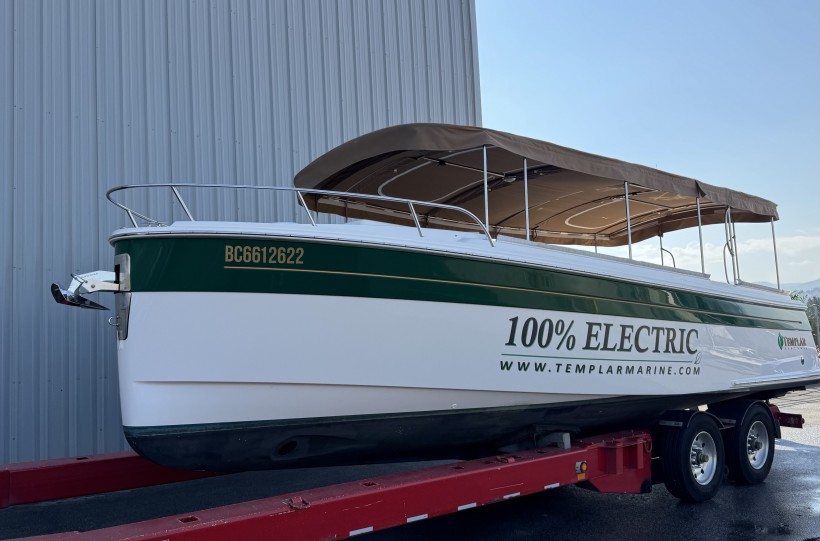
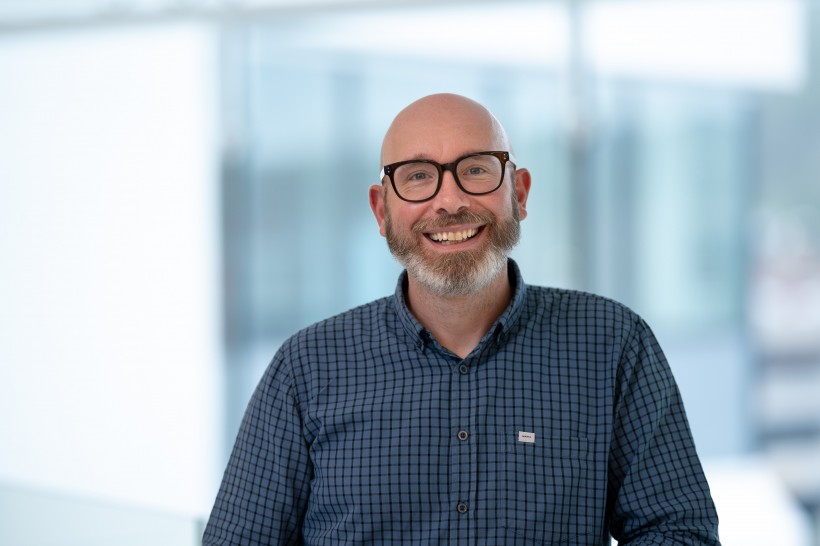
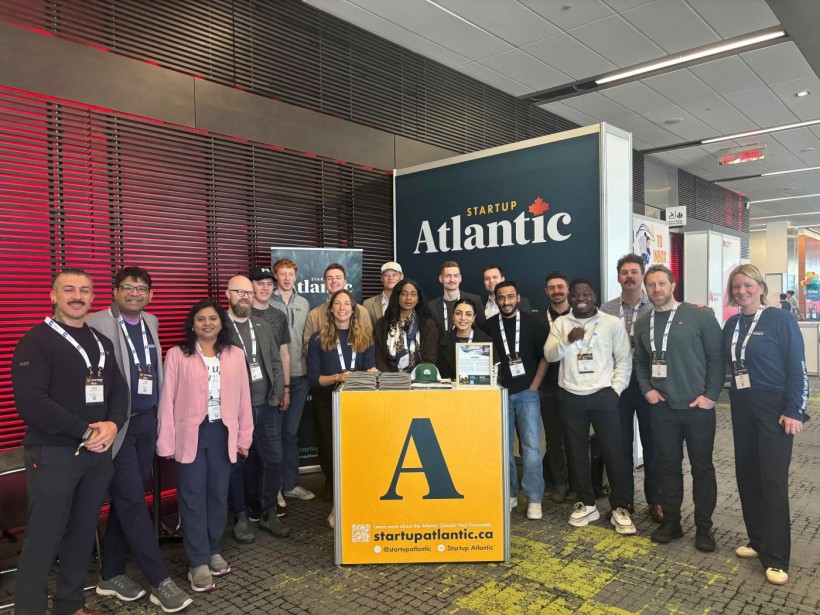

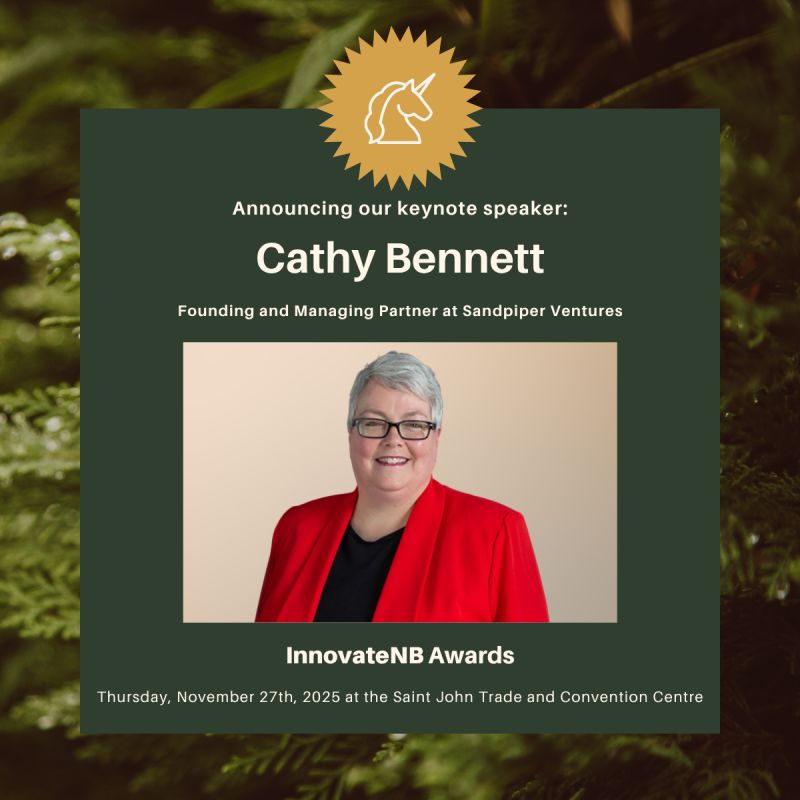


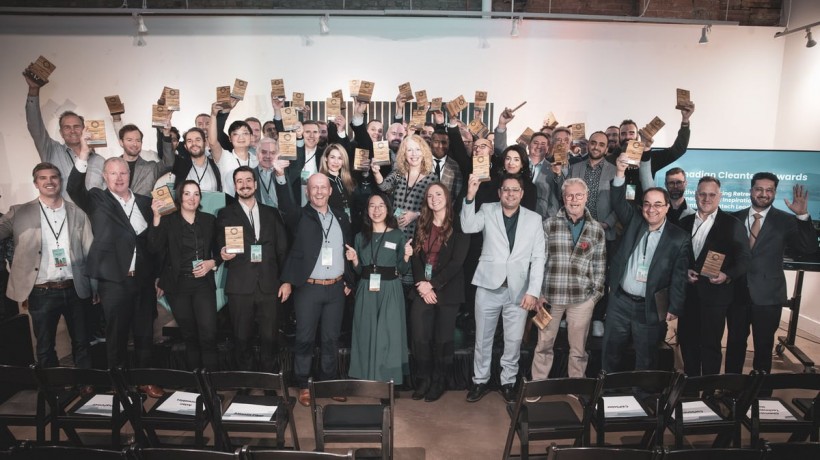
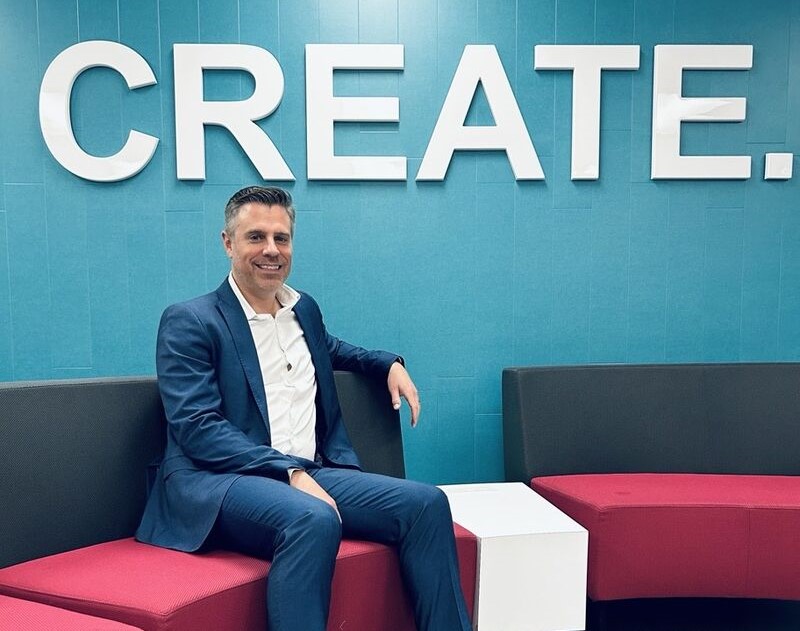
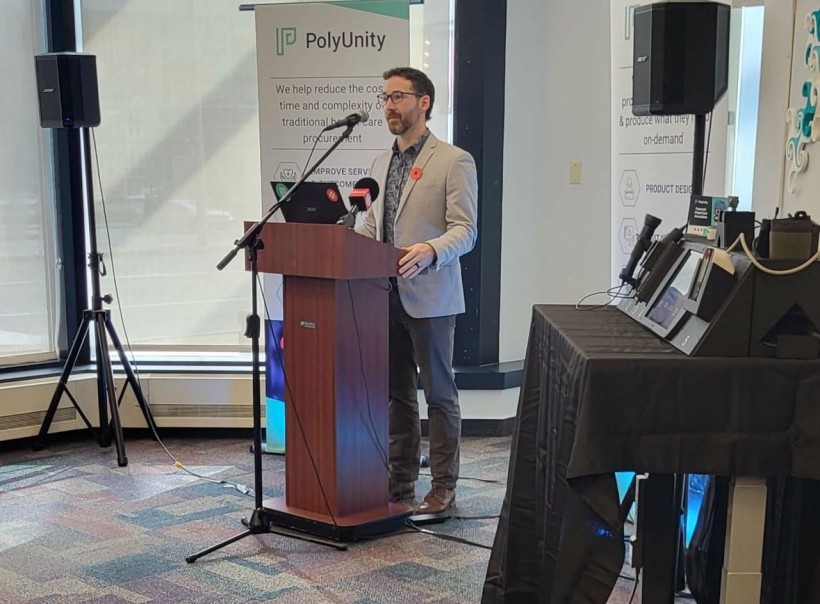

Have your say, post a comment